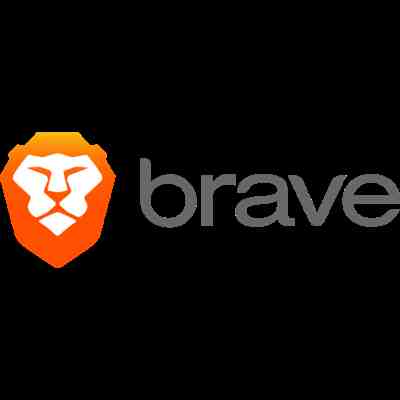Cybercrime is on the rise. Experts predict it to be a $1.5 trillion industry in 2018. With big money at stake, the threat to your privacy has never been bigger.
When it comes to the internet, crime really does pay
Whether it’s stealing your identity or hijacking your browser to mine cryptocurrencies , hackers are using increasingly sophisticated methods to track, steal, and exploit your data.
Law enforcement agencies are struggling to keep up. Half the problem is prosecuting offenders – the web is an effective hiding place, and jurisdiction rules mean for every one that gets caught, thousands go free.
The other challenge, of course, is you. Of the 2.6 billion data records stolen in 2017 , only 4% were secured accounts. Hackers choose their targets. Give them an opening – whether it’s a weakness in your operating system, internet connection, or browser – and they’ll use it to spy, blackmail, or steal. The first line of defence against such attacks is ensuring your devices are robustly protected.

Arming you against intrusion
Thankfully, a slew of privacy protection and anti-malware businesses are helping users fight back. Brave , for example, the company behind one of the most secure web browsers on the market, is on a mission to “fix the web” by giving users a safe way to surf.
Most recently, they partnered with privacy heavyweight Tor (The Onion Router) on a new browsing tab that virtually guarantees anonymity from prying eyes. Brave’s “Private Tabs with Tor” ensure you can safely browse where you want and what you want without giving away your personal data.
Defending against the most damaging attacks
Identity theft was 2017’s worst cybercrime – accounting for 69% of breaches, the loss of $16.8 billion, and affecting 16.7 million people . Much of today’s identity theft is done online, first by establishing suitable targets and then stealing sensitive information through malware, surveillance, or other fraud.

Just think how many security credentials, from passwords to account numbers, you enter online each week, perhaps over public wifi in hotels or coffee shops? By concealing your browsing, Brave prevents those wanting to steal your data from exploiting weaknesses in your internet habits.
Brave also protects against phishing, where criminals use personal data to trick you into revealing sensitive information to steal your money or identity. Usually these phishing attacks take the form of emails designed to look like they’re from trusted senders (your bank, for example). To appear genuine, they first have to identify some personal details, such as your name and location – both of which can be inferred by infiltrating your web sessions.
A safe place to browse
Tor’s integration with Brave ramps up your privacy to the next level. Tor encrypts and relays internet signals through a network of volunteers, effectively hiding who you are and what you’re browsing. The more relays exist, the easier it is to hide, and Brave has committed to becoming a relayer itself to fortify Tor’s growing network.
Tor blocks everything from spying to internet censorship, making life easier in many ways. You might be on an unsecured wifi connection in Starbucks, for example, wanting to do some internet banking. Or, you might be trying to access social media in a country where it’s banned. You could even be a journalist needing to protect your identity under a repressive regime. Whatever the reason, Brave’s Tor privacy tabs prevent anyone identifying you or tracking your activity online, giving you the freedom to browse uninhibited and with peace of mind.
Neutralising other threats
Brave also blocks spyware, adware, and cryptocurrency miners. Spyware can be used by advertisers to send you personalised ads or by criminals to steal your data. A particularly egregious example of spyware is the keylogger, which can be used to record every tap of your keyboard so hackers can gain access to your financial accounts. Adware, though not as damaging, often redirects you to websites where the creators get paid on a “per click” basis. You suffer the unwanted ads and they earn the ad revenue.
Mining attacks are the new kid on the block. While ransomware dropped 30% in 2017, mining increased by 45%. One of the most infamous mining scripts is CoinHive , which despite having a legitimate use, is hijacking internet browsers around the world to mine Monero. All you need to do is visit a website infected with CoinHive, and it’ll steal computational power from your CPU to create the cryptocurrency. It’s a sneaky tactic, and unless you’re attuned to the risk you might not notice it all.
Brave: the best browser ever?

Brave is an important browser for many reasons. If privacy and security weren’t enough to tempt you, you could also save an average of $276 a year on data charges for unwanted trackers and adverts. Brave is also one of the most powerful browsers on the market, loading up to eight times faster than Chrome or Safari. In recognition of its speed and privacy campaign, it’s up for a Webby award this year .
Brave is available on both smartphones and laptops, and has garnered a big fan following and hundreds of 4-star reviews on the App Store and Google Play. With cybercrime on the rise, it’s even more important to protect yourself online. Don’t give hackers the upper hand – download Brave today and ensure your time on the web is risk-free.











